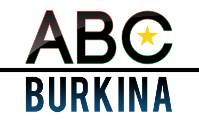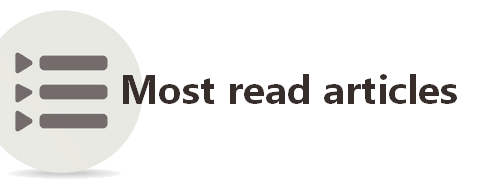Dear EU Commissioner Phil Hogan,
On June 2nd 2017, you posted on your blog an article entitled “Debunking Myths that the Common agriculture policy discriminates against farmers in the developing world” (1) The rhetoric of the Commission seems to not have moved on this issue since 1992.
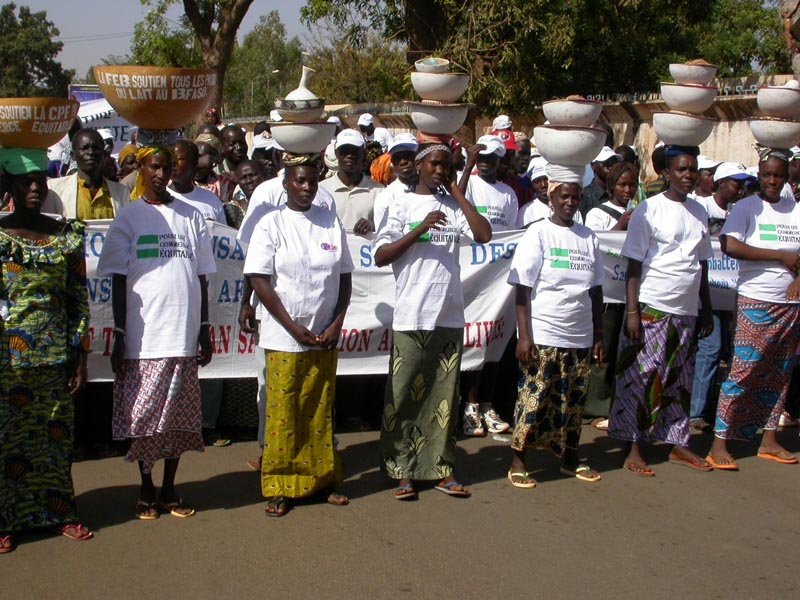 The green box of the World trade organization (WTO) – which allows the European Union (EU) and other major rich countries to support without limit their farmers through subsidies that are decoupled from the production –-allows these countries to export agricultural products at prices below their average production costs. As a result, developing countries, which cannot subsidize their numerous farmers, suffer from the negative impacts of cheap imports from the EU and other countries. This unfair practice is made possible by the biased definition of dumping provided by the GATT (2) and later confirmed by the OECD (3) and WTO, which consider that there is no dumping as long as exports are made at the same prices paid to producers on the domestic market, even if those prices are below the average production cost of the exporting country. The following objectives have been at the heart of CAP reforms since 1992: to reduce agricultural prices on the EU market, and bring these prices closer to
The green box of the World trade organization (WTO) – which allows the European Union (EU) and other major rich countries to support without limit their farmers through subsidies that are decoupled from the production –-allows these countries to export agricultural products at prices below their average production costs. As a result, developing countries, which cannot subsidize their numerous farmers, suffer from the negative impacts of cheap imports from the EU and other countries. This unfair practice is made possible by the biased definition of dumping provided by the GATT (2) and later confirmed by the OECD (3) and WTO, which consider that there is no dumping as long as exports are made at the same prices paid to producers on the domestic market, even if those prices are below the average production cost of the exporting country. The following objectives have been at the heart of CAP reforms since 1992: to reduce agricultural prices on the EU market, and bring these prices closer to
international market levels, so that the EU would no longer need to resort to export subsidies, and its agro-industries would have less need to import. Decoupled direct payments to EU farmers have allowed them to export at prices below the European average production costs, thereby offsetting these lower prices, with the exact same dumping effects as export subsidies on farmers in developing countries. 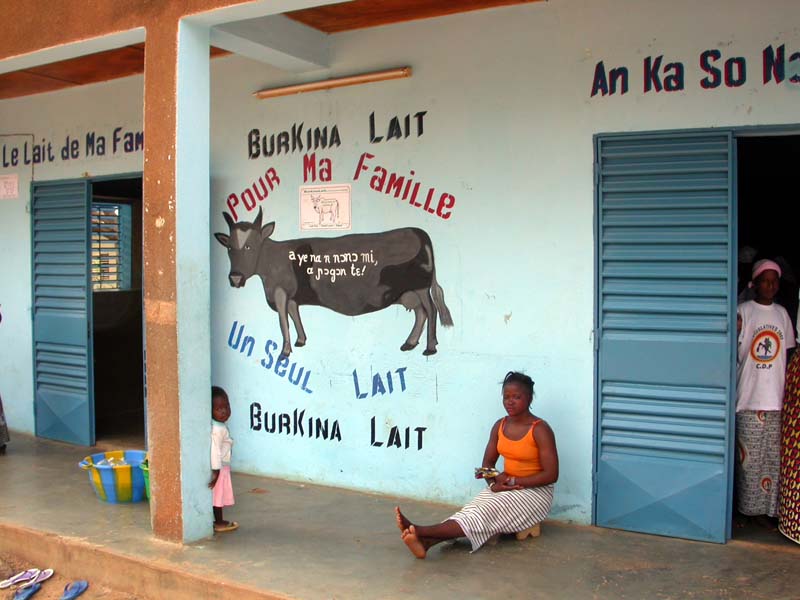
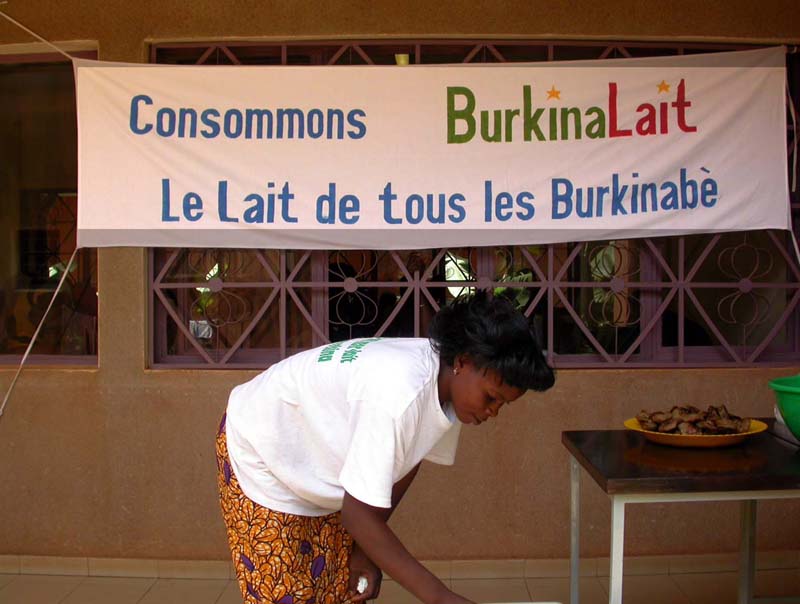 Commissioner Phil Hogan should be well aware that dairy farmers in Africa cannot compete with the cheap milk powder surpluses exported by the EU’s big companies or cooperatives. The figures are clear. Total direct and indirect subsidies to EU dairy products exported to West Africa in 2016 reached 169 million Euros, with an average subsidy of 67.4 Euros per ton of milk equivalent, and an average dumping rate of 21% in relation to the EU value of exports, for a total milk equivalent of 2.5 million tons, of which 2.1 million tons of milk powder. In short, for African producers, it makes little difference whether cheap imports are rendered possible because of the red, amber, blue or green box in which EU subsidies are notified at the WTO. What matters to them is that they cannot make a living when forced to compete with highly subsidized imported products. Green box = whitewashing of dumping To guarantee European and African farmers a fair and decent income and stable access to their domestic markets, international agriculture trade rules (WTO, 1994) must be changed, and grounded on the principle of food sovereignty (4). This means that the DUTY not to export at prices below the average production costs of the exporting country should go hand in hand with the RIGHT to set tariffs for products that are imported at too low prices (even in the absence of dumping of the exporting country). In our view, the priority of the EU common agriculture policy should not be to export cheap products, but to feed its domestic population.
Commissioner Phil Hogan should be well aware that dairy farmers in Africa cannot compete with the cheap milk powder surpluses exported by the EU’s big companies or cooperatives. The figures are clear. Total direct and indirect subsidies to EU dairy products exported to West Africa in 2016 reached 169 million Euros, with an average subsidy of 67.4 Euros per ton of milk equivalent, and an average dumping rate of 21% in relation to the EU value of exports, for a total milk equivalent of 2.5 million tons, of which 2.1 million tons of milk powder. In short, for African producers, it makes little difference whether cheap imports are rendered possible because of the red, amber, blue or green box in which EU subsidies are notified at the WTO. What matters to them is that they cannot make a living when forced to compete with highly subsidized imported products. Green box = whitewashing of dumping To guarantee European and African farmers a fair and decent income and stable access to their domestic markets, international agriculture trade rules (WTO, 1994) must be changed, and grounded on the principle of food sovereignty (4). This means that the DUTY not to export at prices below the average production costs of the exporting country should go hand in hand with the RIGHT to set tariffs for products that are imported at too low prices (even in the absence of dumping of the exporting country). In our view, the priority of the EU common agriculture policy should not be to export cheap products, but to feed its domestic population.
New Signatorie: Maurice Oudet, Director Editor SEDELAN Publishing Office National Languages Koudougou, Burkina Faso
Signatories:
Jacques Berthelot, agricultural economist (F)
Gérard Choplin, free-lance analyst on agriculture and trade policies (B)
Priscilla Claeys, Senior Research Fellow, Centre for Agroecology, Water and Resilience, Coventry University (UK)
Guillaume Cros, Vice-President of the Regional Council of Occitanie, Rapporteur of the European Committee of the Regions for its opinion on the CAP after 2020
Thierry Kesteloot, PPolicy advisor, Oxfam-Solidarité (B)
Niek Koning, Agricultural Economist (NL)
Jean-Christophe Kroll, emeritus professor, Agricultural Economics, AgroSupDijon, (F)
Virginie Pissoort, Policy Officer SOS Faim (B)
Aurélie Trouvé, Professor-researcher at AgroParisTech(F)
